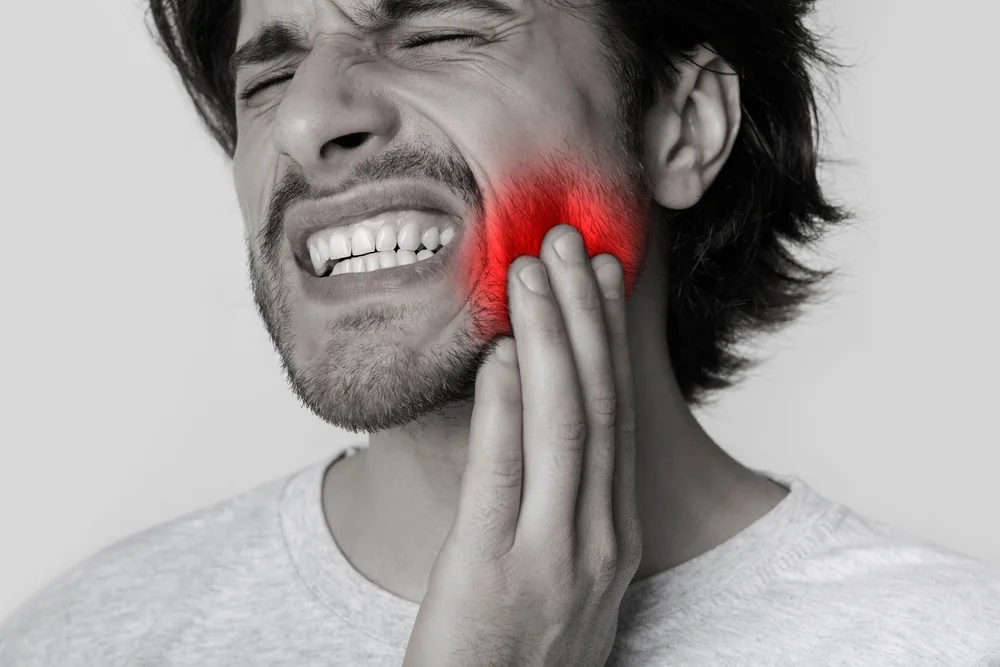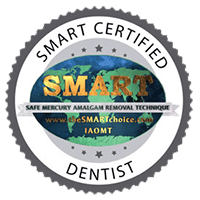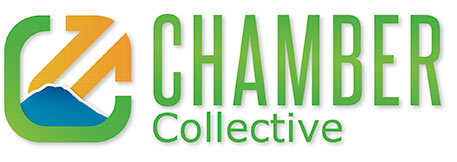Can TMJ be caused by bad posture?
Yes! Forward head posture and shoulder tension can affect jaw alignment and increase strain on the TMJ.
Do I need a referral to get treated for TMJ pain?
Nope! You can call us directly for an evaluation—no referral needed.
Are over-the-counter nightguards just as good?
Not really. They’re generic and can make symptoms worse if they don’t fit properly. Custom guards are much safer and more effective.

OR Call (253) 863-7005
18008 State Route 410 East, Suite A
Bonney Lake, WA 98391
Dr. Carla Yamashiro, The Holistic Dentist
Ecologic Dentistry, PLLC







